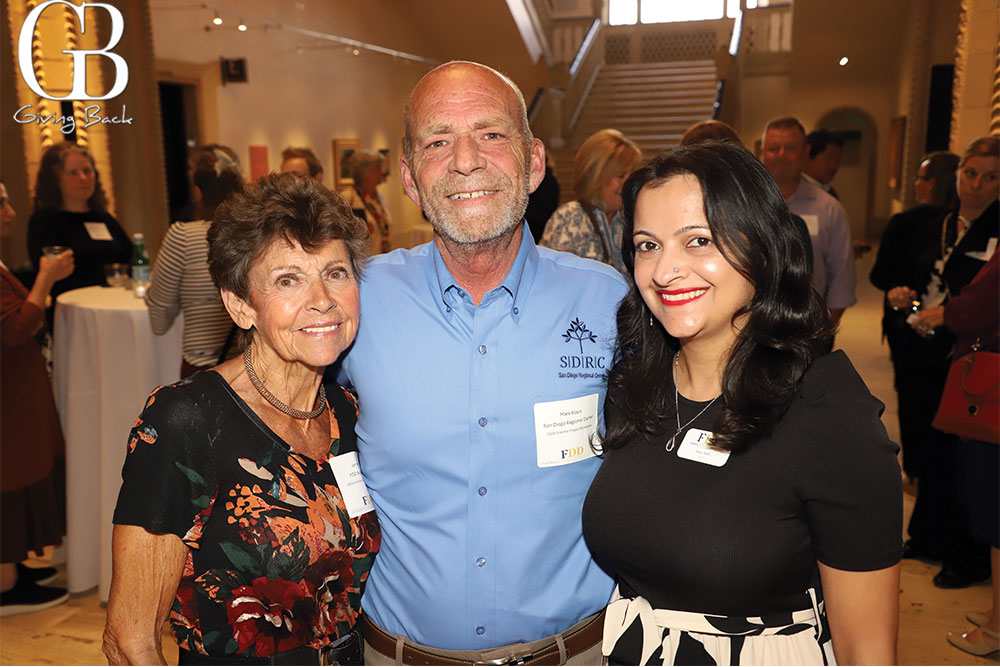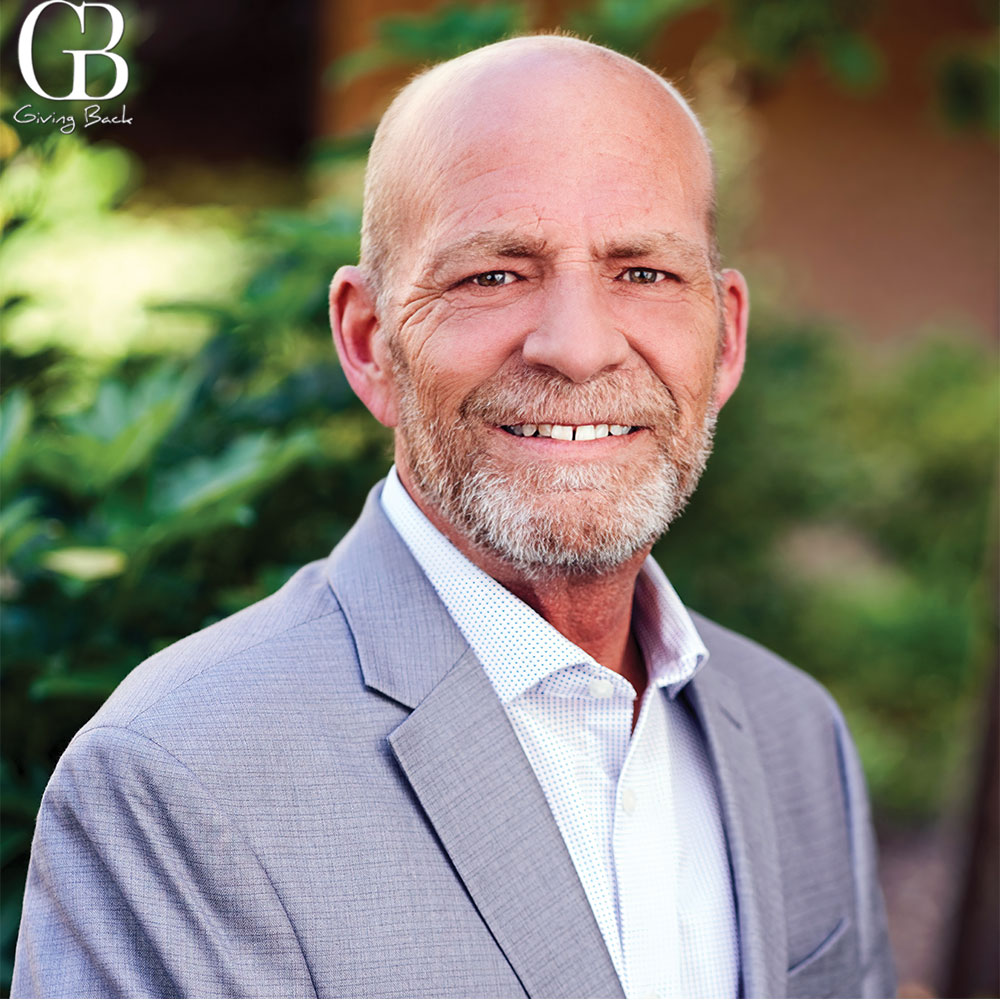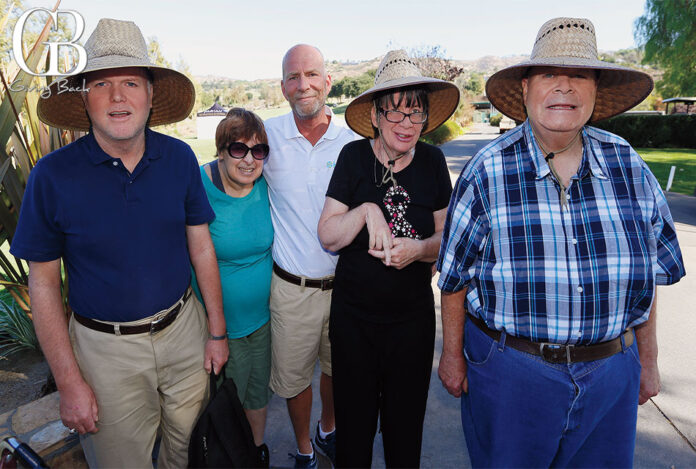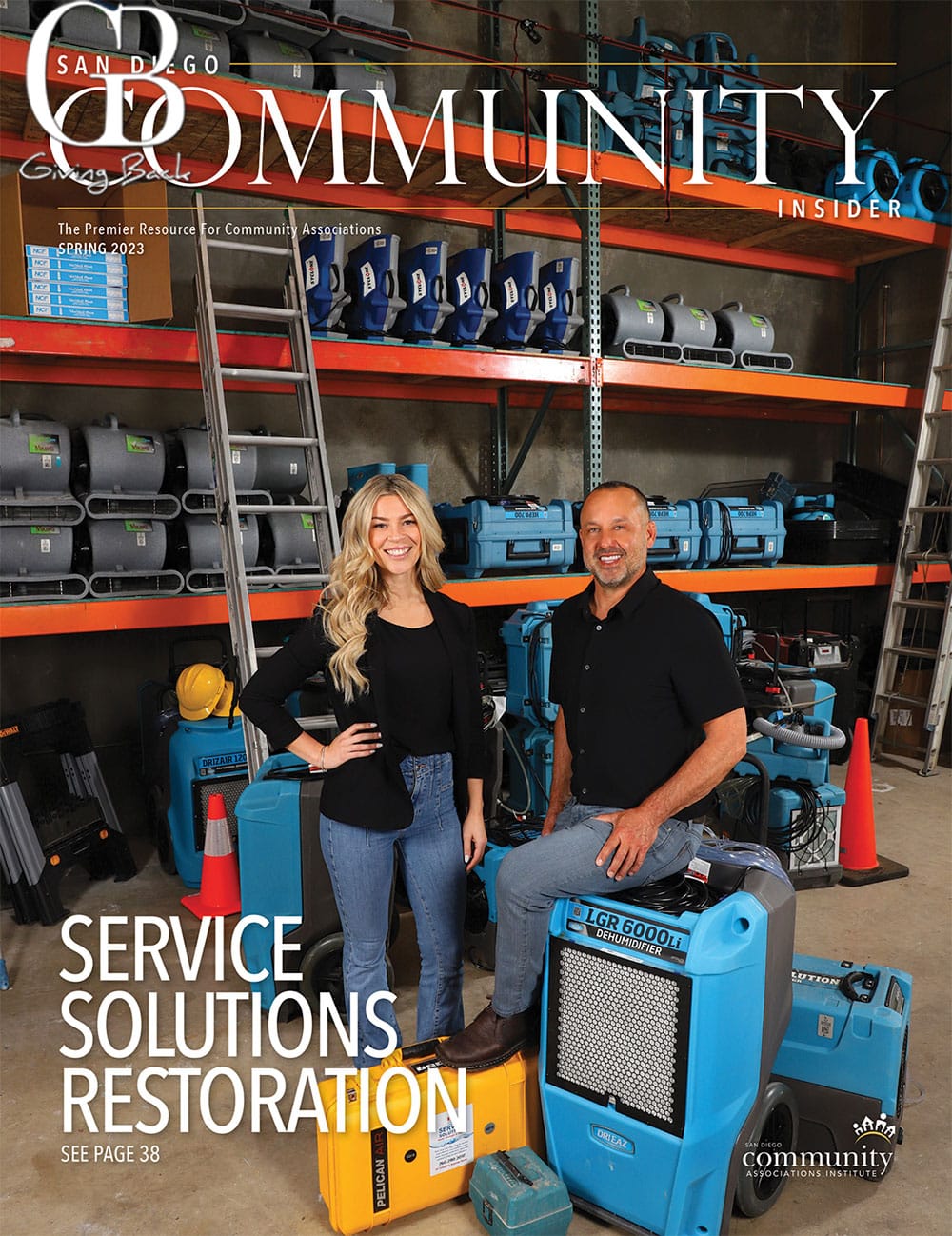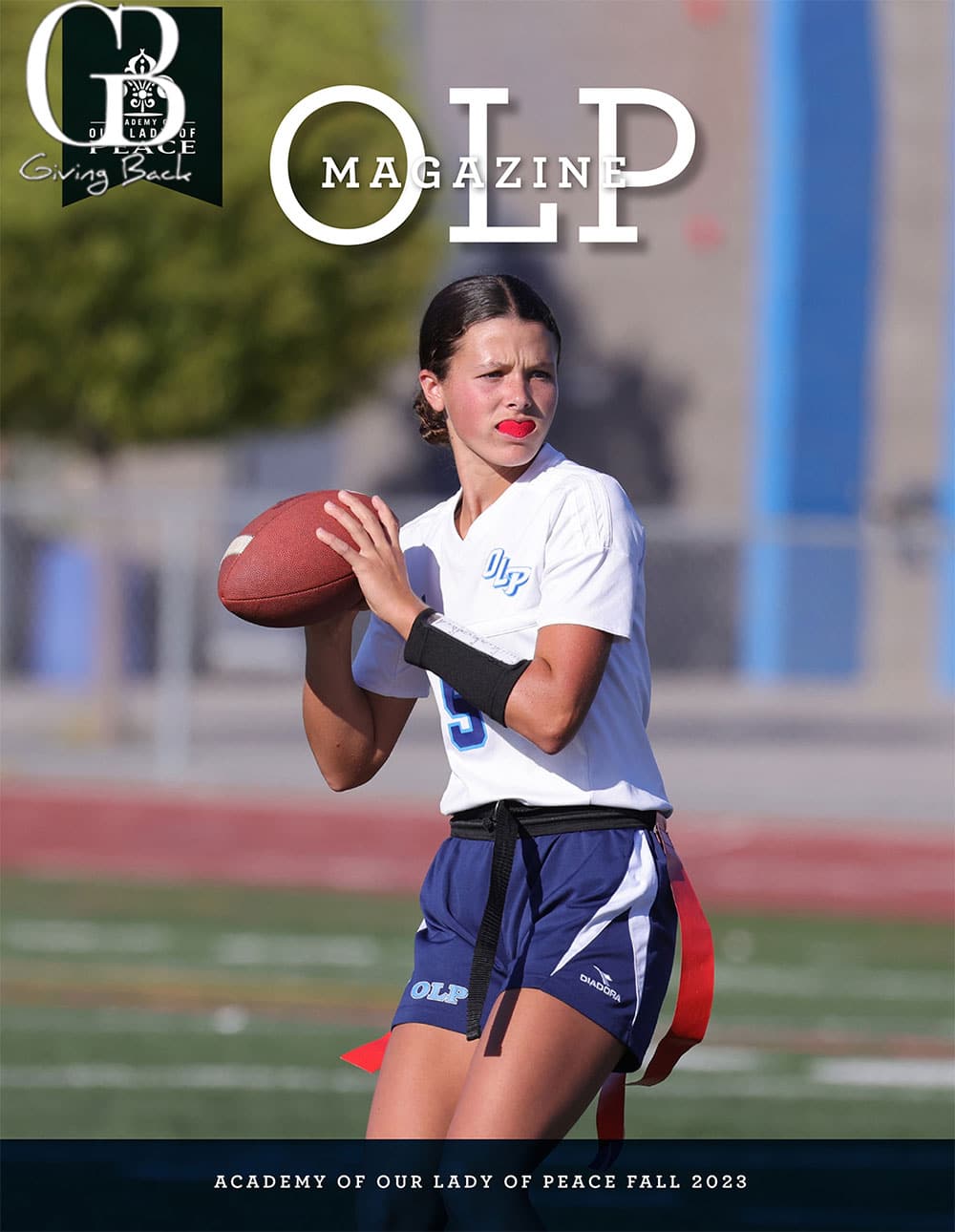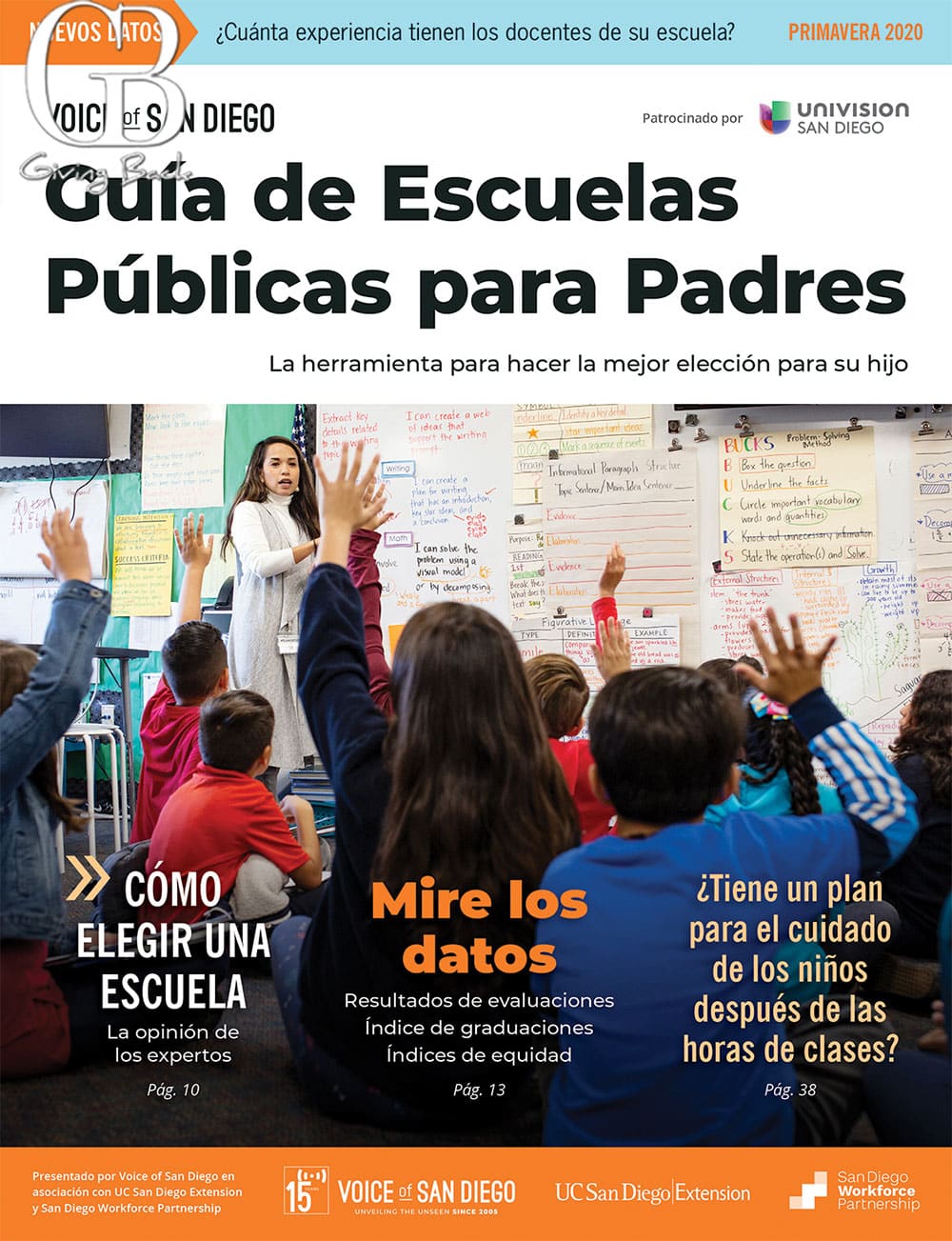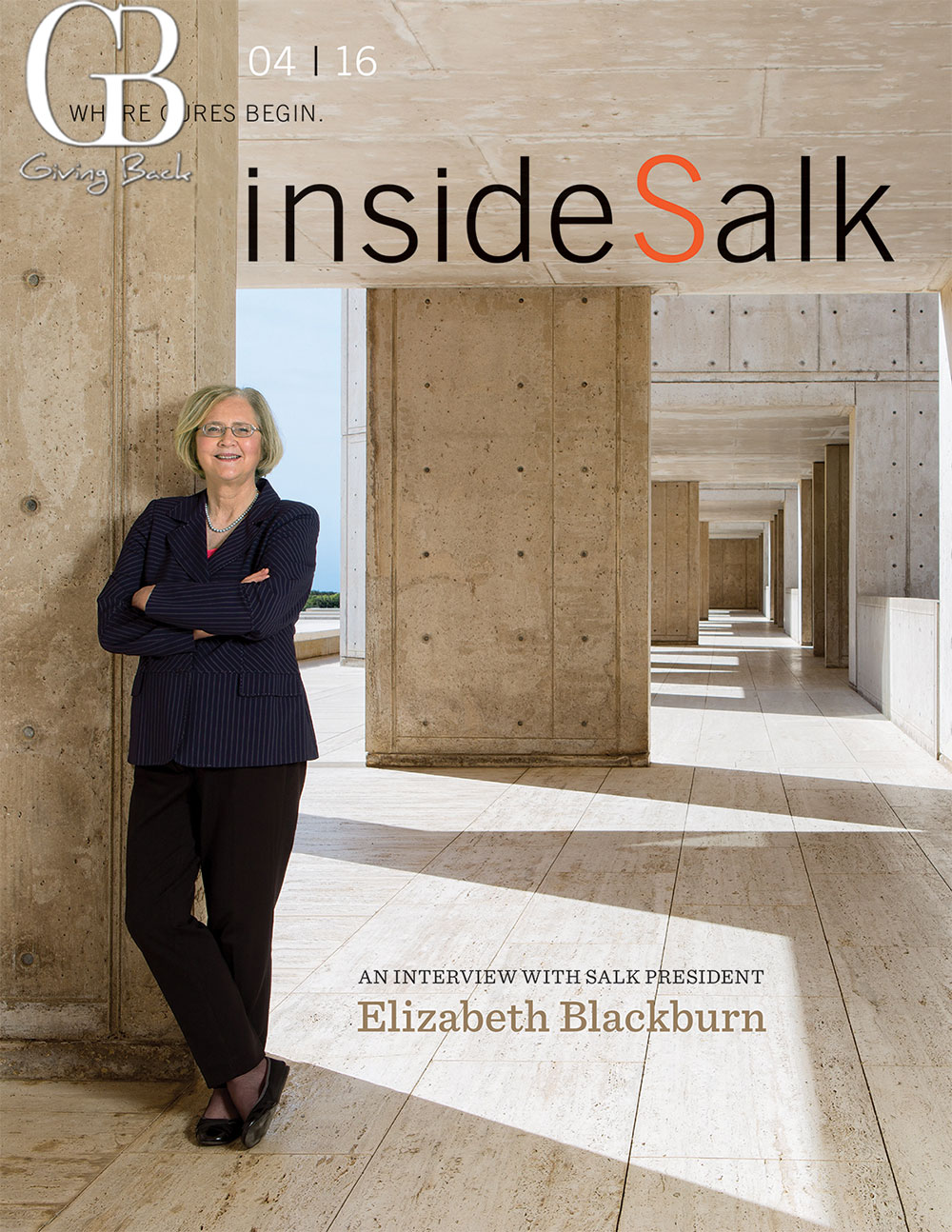Mark Klaus, the Executive Director of the San Diego Regional Center (SDRC), brings over 40 years of experience in advocating for person-centered services for individuals with developmental disabilities. Appointed in November 2021, Klaus leads the organization with a mission to provide tailored support to over 44,000 individuals across San Diego and Imperial counties. With a team of 800 employees, SDRC has become the largest nonprofit organization in San Diego County dedicated to delivering essential services to those who need it most.
Klaus’s approach to service delivery reflects the evolving nature of support for individuals with developmental disabilities. Reflecting on the changes he has seen, he highlights the shift toward more person-centered care, focusing on individualized services. “The most significant change is how services are now delivered. They take into account individuals’ specific needs and helping them achieve personal goals – whether that is making friends, building a community, or getting a job,” Klaus explains.
As Klaus looks ahead to the coming year, one of his top priorities is addressing workforce challenges. The organization’s ability to provide high-quality care depends on maintaining a well-trained and dedicated staff. “We need to ensure that our employees, as well as the 3,000 contractors we work with, are fairly compensated and dedicated to our mission.” He views these challenges as opportunities, noting that by investing in the workforce, SDRC can continue to deliver impactful services.
One of SDRC’s unique strengths lies in its collaboration with other regional centers across California. The state’s entitlement program ensures that all eligible individuals receive services, unlike many other states where long wait times can delay care. Klaus emphasizes the importance of creating a unified system while maintaining flexibility to meet local needs. “Each regional center is independent, but we contract with the state of California. Our system of care allows us to be consistent across the board while also providing flexibility to cater to the unique needs of our communities,” he notes.
Cultural responsiveness is another cornerstone of SDRC’s approach. Klaus has made it a priority to extend the center’s reach into diverse communities, particularly underserved ones. “When I took over, SDRC was the best-kept secret in town. We have since put in the time and effort to reach out to the community and become active participants,” Klaus explains. One notable initiative is SDRC’s work with the 18 federally recognized tribal communities in San Diego County. By establishing trust and building relationships with tribal leaders, SDRC has been able to foster better communication and engagement. Klaus shares that the organization’s third annual Tribal Symposium will be bringing together over 300 leaders and members from local tribes.
Looking to the future, Klaus remains deeply committed to the principles outlined in the Lanterman Developmental Disabilities Services Act. First enacted in 1969, this legislation guarantees essential services for individuals with developmental disabilities in California. While much has changed since the law’s inception such as the shift away from institutional settings, Klaus continues to advocate for updates that align with modern needs. “We are always advocating for changes that ensure we can meet the evolving needs of the people we serve,” he asserts.
Under Klaus’s leadership, the San Diego Regional Center is more than just a service provider -it is a beacon of hope and support for thousands of individuals and families in the region. By prioritizing person-centered care, fostering cultural inclusivity, and ensuring a strong workforce, Klaus is positioning SDRC to continue making a profound impact on the lives of those with developmental disabilities.
www.sdrc.org
